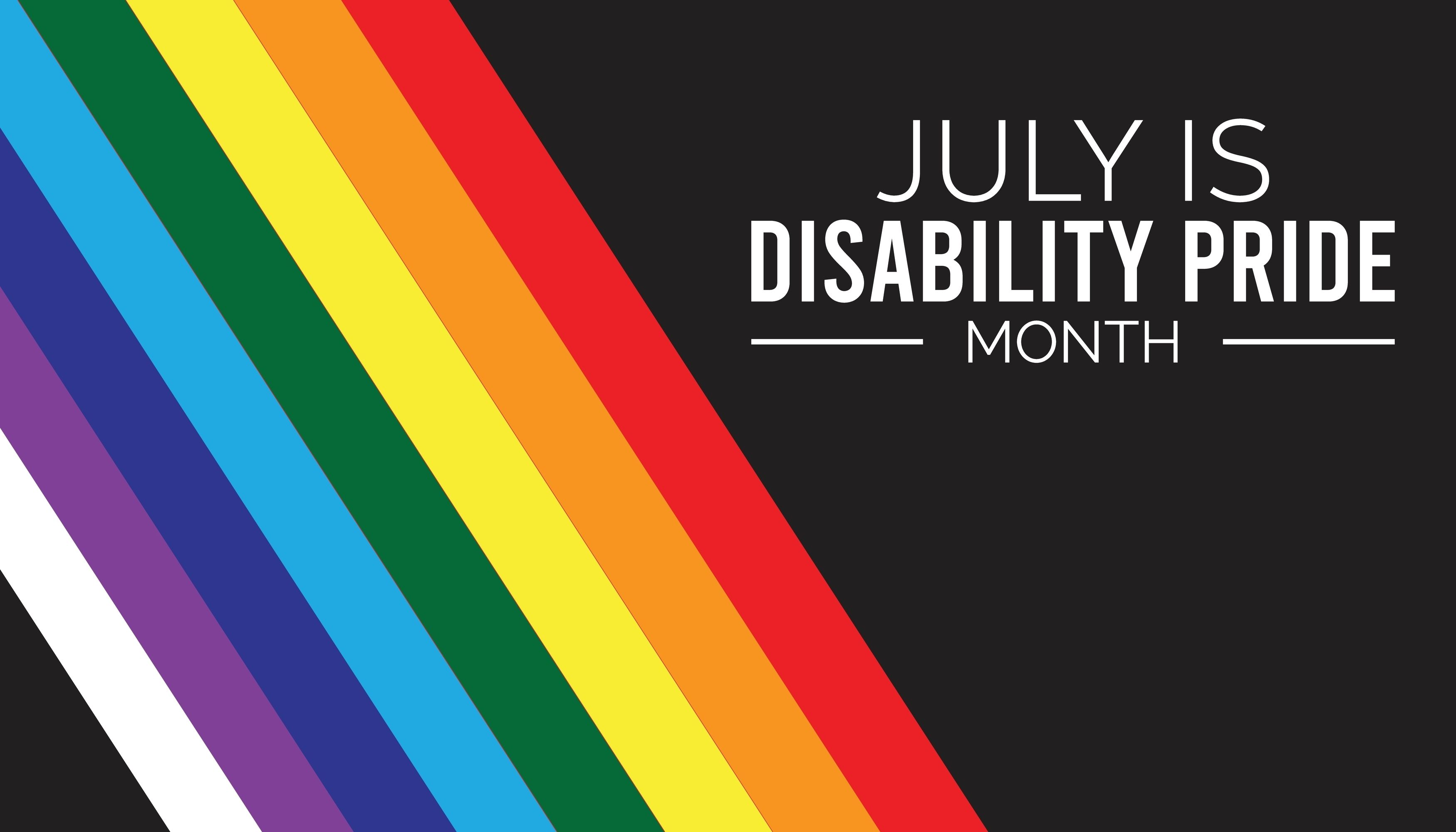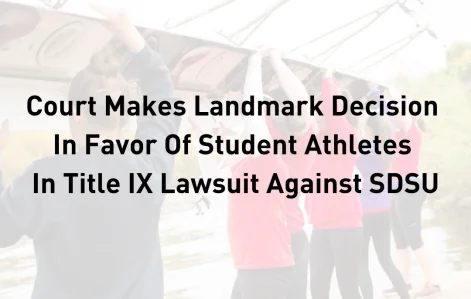As a trauma-informed law firm that represents employees facing disability discrimination, staying attuned to the issues that matter most to those we serve is essential. July holds special significance as Disability Pride Month, a time dedicated to celebrating the unique experiences and contributions of individuals with disabilities. This observance aligns with the landmark passing of the Americans with Disabilities Act (ADA) in July 1990, which fundamentally transformed the rights and protections afforded to people with disabilities in the United States.
Disability Pride Month is not just a celebration; it is a powerful movement that seeks to promote visibility and mainstream awareness of the positive pride felt by those within the disability community. This month-long observance is marked by bold images and powerful words, with awareness events and parades striving to educate and empower people both with and without disabilities. Pride stems from acknowledging and celebrating the diverse experiences of people with differing abilities and recognizing the invaluable contributions they offer to society. If you or someone you know faces discrimination based on disability, San Diego disability lawyers are available to provide support and ensure your rights are protected.
SCHEDULE A FREE CASE EVALUATION
The Workplace Landscape for People with Disabilities
Understanding the challenges and triumphs of people with disabilities in the workplace is crucial. According to the U.S. Bureau of Labor Statistics, in 2022, the employment-population ratio for persons with a disability was 21.3%, compared to 65.4% for those without a disability. These figures highlight the significant gap in employment opportunities and underscore the need for continued advocacy and support.
People with disabilities encounter various forms of discrimination in the workplace, ranging from hiring biases to lack of reasonable accommodations. Types of disabilities can be broadly categorized into three groups:
- Physical Disabilities: These include mobility impairments, chronic health conditions, and sensory impairments like blindness or deafness.
- Intellectual Disabilities: These affect cognitive functions and can include conditions such as Down syndrome and autism spectrum disorders.
- Emotional Disabilities: These encompass mental health conditions like depression, anxiety, and PTSD.
It is vital to recognize that not all disabilities are visible. Invisible disabilities, such as chronic pain, learning disabilities, or mental health conditions, can often go unnoticed but have a significant impact on an individual’s ability to work and their overall well-being.
The Importance of Inclusive Workplaces
Creating an inclusive workplace is not just a legal obligation but a moral one. Employers must understand that providing reasonable accommodations is essential for enabling employees with disabilities to perform their jobs effectively. Reasonable accommodations might include modifications to the work environment, flexible work schedules, assistive technologies, or providing interpreters for individuals who are deaf or hard of hearing.
Pregnancy Discrimination and Disability
Pregnancy discrimination is another critical issue that intersects with disability rights. Under the Pregnancy Discrimination Act, employers cannot discriminate against employees based on pregnancy, childbirth, or related medical conditions. Pregnant employees are also entitled to reasonable accommodations, similar to those provided for disabilities under the ADA. This can include lighter duties, more frequent breaks, or temporary reassignment to a less strenuous position.
California’s Stance on Employment Law
In California, state laws further bolster protections for employees with disabilities. The California Fair Employment and Housing Act (FEHA) mandates that employers provide reasonable accommodations to employees with disabilities unless it causes undue hardship. Additionally, the California Family Rights Act (CFRA) allows employees to take up to 12 weeks of unpaid leave for their own serious health condition or to care for a family member with a serious health condition, including disabilities.
California law recognizes a wide range of conditions as disabilities, including physical, mental, and emotional impairments. Employers in California are required to engage in an interactive process with the employee to determine effective accommodations. This process is a collaborative effort to ensure that the needs of the employee are met without imposing undue hardship on the employer.
Celebrating Disability Pride

Disability Pride Month is a time to reflect on the progress made and the challenges that remain. It is a call to action for everyone to recognize and celebrate the diversity that people with disabilities bring to our communities and workplaces. By fostering an inclusive environment, we can ensure that everyone has the opportunity to thrive.
As a trauma-informed law firm, our lawyers are committed to advocating for the rights of employees facing disability discrimination. We understand the importance of staying informed about the issues that matter to those we serve. This July, let us all take a moment to celebrate Disability Pride Month and reaffirm our commitment to creating a more inclusive and equitable society for all.





